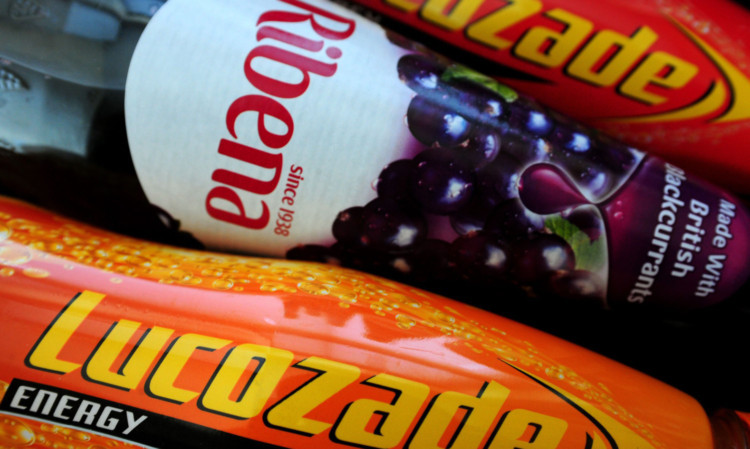The Japanese drinks giant behind the Bowmore and Auchentoshan malt whisky labels is set to snap up soft drink favourites Ribena and Lucozade in a £1.35 billion deal.
Suntory Beverage and Food said the acquisition would add a new sales network to its growing business, giving it fresh platforms in new territories including Nigeria and Malaysia.
The firm, which enjoyed consolidated global sales of more than £11.5bn last year, and aims to achieve revenues of £12.8bn by 2020, said its strategy was to actively pursue mergers and acquisitions and expand into emerging markets.
It already owns Springburn’s Morrison Bowmore, melon liqueur Midori and Orangina Schweppes, and distils the acclaimed Hibiki, Yamakazi and Hakusu Japanese whiskies.
“By acquiring a new business platform centred in the UK, Suntory will be able to further grow sales and enhance business operations,” the company said in a statement to the markets in Tokyo.
The sale is just the latest deal to take British classics into Japanese hands it follows the sale of Ploughman’s favourite Branston Pickle, Sarson’s vinegar and Haywards pickled onions to vinegar maker Mizkan Group during 2012.
Lucozade and Ribena, effectively put up for sale after owner GSK announced a strategic review in February, had reportedly been a target for Irn-Bru maker AG Barr following the collapse of its proposed merger with Britvic earlier this year.
The drinks are also said to have attracted considerable interest from private equity groups but market expectations were proven wide of the mark after Suntory swept in to pick up the well-known brands.
GSK said net proceeds of the cash deal would reach approximately £1.3bn.
Annual revenues from the two brands stood at around £510 million last year.
Suntory will acquire global rights to the brands and GSK’s manufacturing site in the Forest of Dean, with the “vast majority” of employees in the commercial and R&D functions transferring to the new owner.
GSK will continue to manufacture and distribute Lucozade and Ribena in Nigeria, under licence.
GSK chief strategy officer David Redfern said “the time was right” to sell, thanks to an increasing focus on consumer healthcare business.
“We believe the future of Lucozade and Ribena is in good hands given SBF’s established beverages business, ambitious growth plans and also their recognition of the strong performance and capability of the GSK employees working on these products,” he said.
Suntory said it hoped to achieve synergies, or cost cuts, alongside its existing European and Asian operations in procurement, production, logistics and other back office functions but did not give more details.
Most of the blackcurrant varieties used in Ribena were created at Invergowrie, as part of what is now the James Hutton Institute and its commercial arm Mylnefield Research Services.
Lucozade and Ribena date back to 1927 and the 1930s respectively. Lucozade is the UK’s top-selling energy and sports drink, while Ribena is the fourth-best selling fruit juice and concentrate.
The drinks were owned by Beecham prior to its merger with SmithKline, and more than three-quarters of their sales are in the UK. In the three months to the end of June, Lucozade sales grew 4% but Ribena was down 2%.
